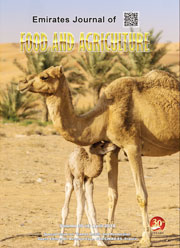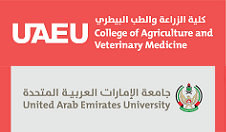Modeling of Cosolvent and Temperature Effects on Ethanolic Extraction of Pequi and Murici Seeds
DOI:
https://doi.org/10.9755/ejfa.2019.v31.i3.1927Keywords:
Caryocar brasiliense; Byrsonima crassifolia; solid-liquid extraction; renewable solvents; residue exploitationAbstract
One of the main products extracted from seeds is the oil, which have great importance in human food. They help in the absorption of fat-soluble vitamins and antioxidants. The oil extraction process can be carried out in different ways, being one of them the solvent extraction. Ethanol is a solvent with the potential to replace hexane, which is a renewable and non-toxic solvent. However, the oil shows low solubility in ethanol, and it is important to study cosolvents that may improve the solubility and yield of the oil extraction. A response surface methodology (RSM) was applied to optimize the ethanolic extraction using cosolvents. The soluble solids yield and the retention index from pequi and murici seeds extraction using ethanol and cosolvents (hexane and isopropanol) were estimated. Soluble solids greatest recovery was with 10% of each cosolvent at 45 °C, for both pequi and murici seeds. The low retention index obtained represents a greater efficiency in the extraction process, however, the empirical model did not describe this variable for murici seeds; and it was independent from the cosolvents mass fraction concerning the pequi almonds. Temperature was a parameter with high influence on the recovery of soluble solids and retention index of pequi and murici seeds solid-liquid extraction process. This paper provides a comprehensive approach to murici and pequi seeds waste oil production from an industrial perspective, by using biorenewable solvents, such as ethanol.










 .
.